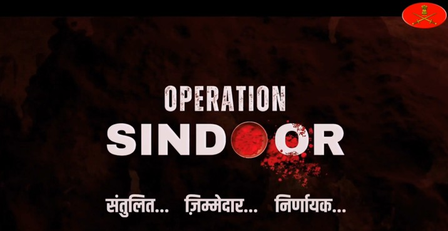
New Delhi, March 14 (IANS) The Delhi High Court has expressed discontent regarding the non-compliance of its previous year’s order, which had issued detailed guidelines on drafting a settlement agreement in matrimonial disputes with special reference to clauses dealing with criminal cases.
An additional direction regarding the preparation of mediated settlement agreements was also issued by the court, whereby it was directed that such agreements be also prepared in Hindi, in addition to English in cases where parties do not comprehend the English and their spoken language/mother tongue is Hindi.
“The compliance of judgements passed by courts should not only be on paper but also in spirit,” the court said.
The judgement dated May 16, 2023, was directed to be forwarded to the in-charge, Delhi High Court Mediation and Conciliation Centre (SAMADHAN), as well as the in-charges of all Mediation Centres in district courts of Delhi.
In response, the Organising Secretary of SAMADHAN had filed a report, wherein Justice Swarana Kanta Sharma noted that it has been stated: “The said judgement was circulated through WhatsApp groups of Samadhan to all the mediators on its panel for their reference and necessary action in terms thereof.”
Justice Sharma said that the compliance report is “glaringly insufficient”.
“The compliance of judgments passed by courts should not only be on paper but also in spirit, since the essence of an order passed by a court, especially in cases where directions are issued or guidelines are laid down, lies in its effective compliance which has to be done by the parties concerned,” the judge said.
The judge expressed concern over the lack of effective implementation and communication of the directives, noting that this undermines the progress made in promoting Alternative Dispute Resolution (ADR) mechanisms.
“It is recognised that both the courts and the government have consistently championed initiatives to promote mediation and other Alternative Dispute Resolution (ADR) mechanisms, investing valuable resources in these endeavours,” the court said.
It, however, showed discontent, saying that when judgments, such as the present one which aligns with defining the essence of a robust mediated settlement agreement, are not effectively communicated and their directives are not adhered to, it undermines the intent and resources dedicated to the advancement of mediation.
It criticised the casual approach towards the dissemination of the judgement, saying that mere circulation through “WhatsApp groups” of mediators does not constitute effective official communication and stressed the need for formal modes of communication, such as letters or emails, to ensure the comprehensive circulation of the judgement among all parties concerned.
“It is disheartening to note that there has been no official communication, about the directions passed by this Court, from Delhi High Court Mediation and Conciliation Centre to its mediators, except an informal circulation through the mode of ‘WhatsApp’ messenger,” the court said.
The court said that the essence of the judgement lies in its practical implementation, stressing the importance of community service in the mediation process. It called for a concerted effort to ensure compliance with the judgement’s directives, reflecting the passion and dedication of those who envisioned and established the mediation centres.
The matter has been listed for submission of compliance report on March 19, with the court reiterating the importance of publishing mediation agreements in both English and Hindi, as outlined in its previous verdict.
“… the directions passed by a court of law have to be taken seriously by the parties concerned, as it has repercussions on the society as a whole, and are passed for the larger public good of the community,” the court said.
–IANS
spr/vd




